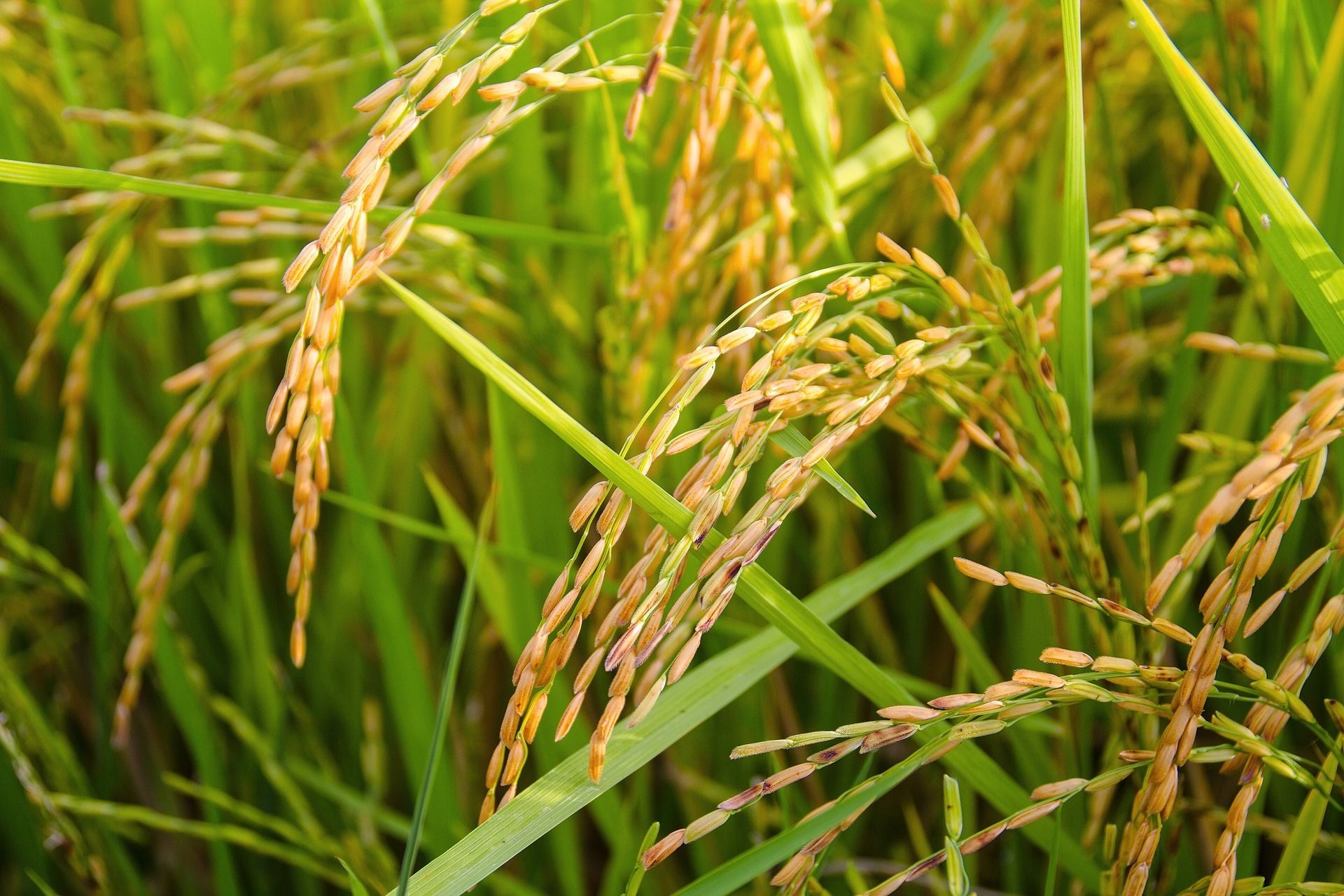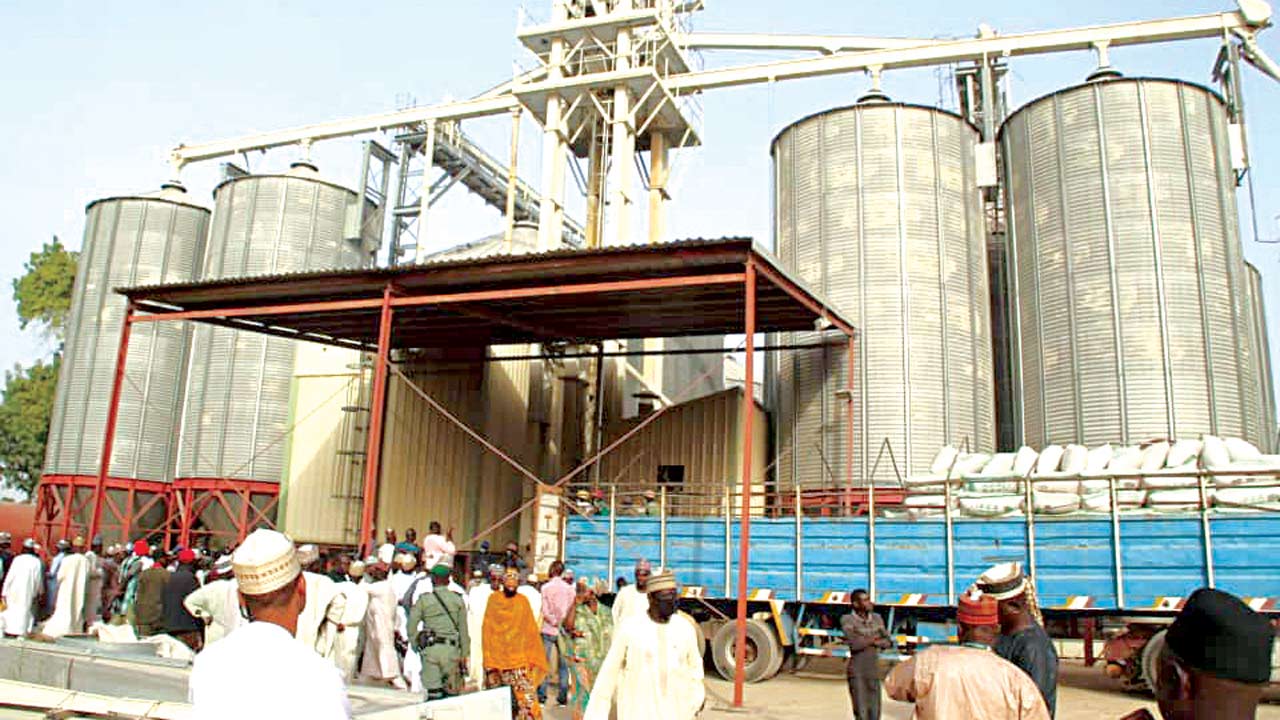Rice prices are projected to decline by 11 per cent in 2025/2026 due to favourable weather conditions and increased global production, according to the 2025 annual commodities review and outlook report by AFEX, a leading commodity exchange platform.
“The global rice market is poised for potential price relief in 2025, driven by expectations of strong production and key policy shifts in India,” AFEX stated in its report.
The anticipated price drop is attributed to a projected 8 per cent increase in global rice production in 2024, alongside India’s expected return to rice exports.
Favourable weather conditions, including strong rainfall and the onset of La Niña, are expected to enhance yields in India and across Asia, further contributing to lower prices.
“Global rice production is expected to rise by 8 per cent in 2024, which is anticipated to lead to an 11 per cent drop in rice prices in 2025,” the report explained.
Additionally, exporters in Asia and the United States are expected to maintain a well-supplied global rice market, reinforcing downward pressure on prices.
This projection is a potential relief for Nigerians, as the country’s rice production declined by 7 per cent in the 2024/2025 season, dropping to 5.23 million metric tons from 5.61 million metric tons in the previous season, according to the United States Department of Agriculture.
The high price of rice in Nigeria is largely driven by local production constraints, foreign exchange volatility, and high import costs.
Unlike the global market where increased production and India’s return to rice exports are expected to ease prices, Nigeria’s rice sector continues to struggle with challenges such as high input costs, inadequate irrigation infrastructure, and insecurity in major rice-producing regions.
While global rice production is expected to rise by 8 per cent in 2024, leading to an estimated 11 per cent drop in prices by 2025, the extent to which Nigeria will benefit from this trend remains uncertain.
With domestic production declining, the country may still rely heavily on imports, exposing consumers to exchange rate fluctuations and policy restrictions on rice importation.
Unless local production improves significantly, rice prices in Nigeria may not experience the same level of relief anticipated in the global market, experts have warned.












